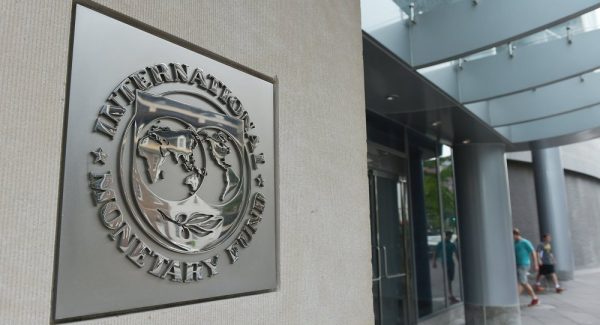Myanmar should expect “subdued” economic growth thanks to its upcoming election, armed conflicts and an unstable banking sector, said the International Monetary Fund (IMF) in its annual consultation. The IMF reached these conclusions before the COVID-19 outbreak was declared a global pandemic, and they do not take economic fallout from the coronavirus into account.
The IMF conducts (usually) annual consultations, called “Article IV consultations”, for all of its members states. During Article IV consultations, IMF economists review countries’ economic and financial developments and discuss the country’s economic policies with government and central bank officials. “Economic activity in FY 2018/19 remained below levels seen in the last decade,” IMF said in a published summary of its findings. “Medium-term growth is likely to remain subdued. Growth in FY 2019/20 is expected to moderate slightly to 6.4 percent as continued uncertainty weighs on investor sentiment in the run-up to the November 2020 elections. “Analysts expect the upcoming elections to cause potential investors to take a “wait and see” approach to the market. Likewise, government officials are more cautious about major projects and trade deals, fearful of any actions that could damage their reputations among their constituents.
The slower growth will come despite an economic stimulus package slated for the 2019-2020 fiscal year budget, the report continued. “On the domestic front, growth could underperform if fiscal spending does not pick up… On the external front, risks include the impact of global trade tensions, higher crude oil prices, a slowdown in China, and natural disasters.” The report also emphasized “fragilities in the banking system” as a risk to Myanmar’s markets. However, it commended Myanmar’s monetary policy, especially its transition to a market-determined exchange rate mechanism. The report claimed it will “help keep market rates at positive real levels and broad money growth on a declining trend.”


